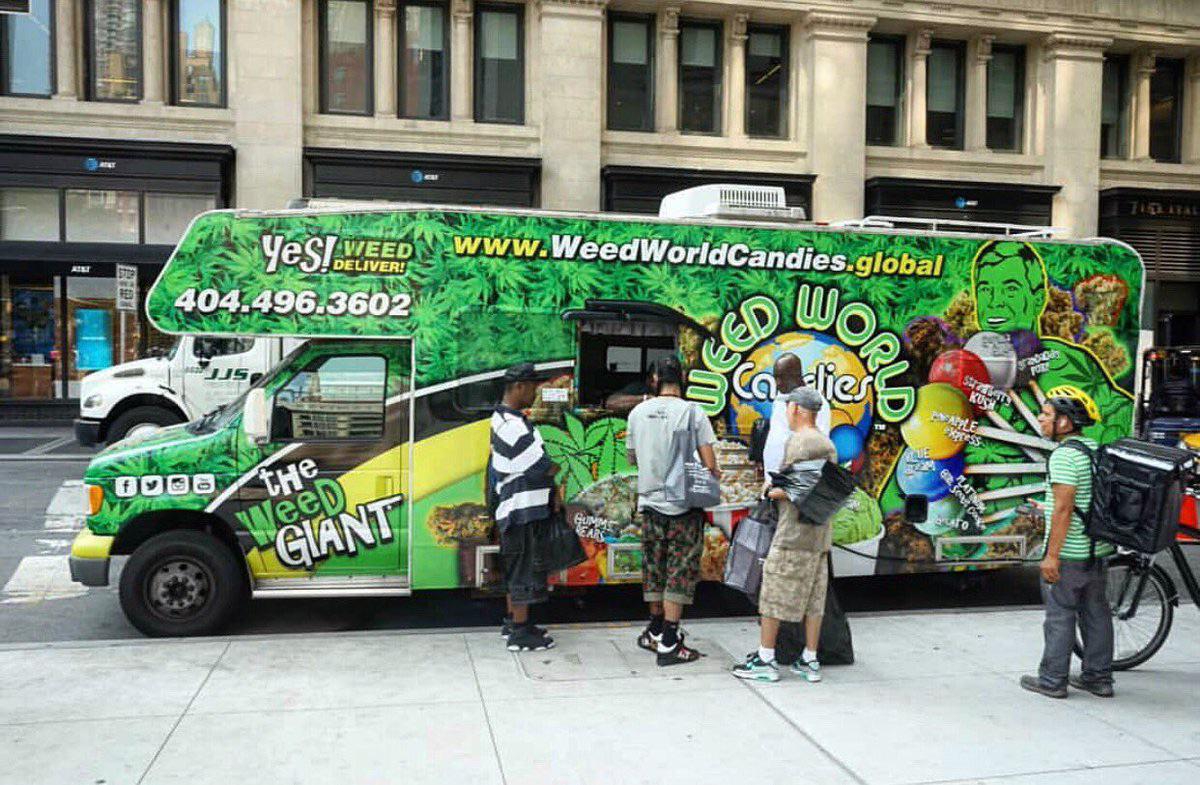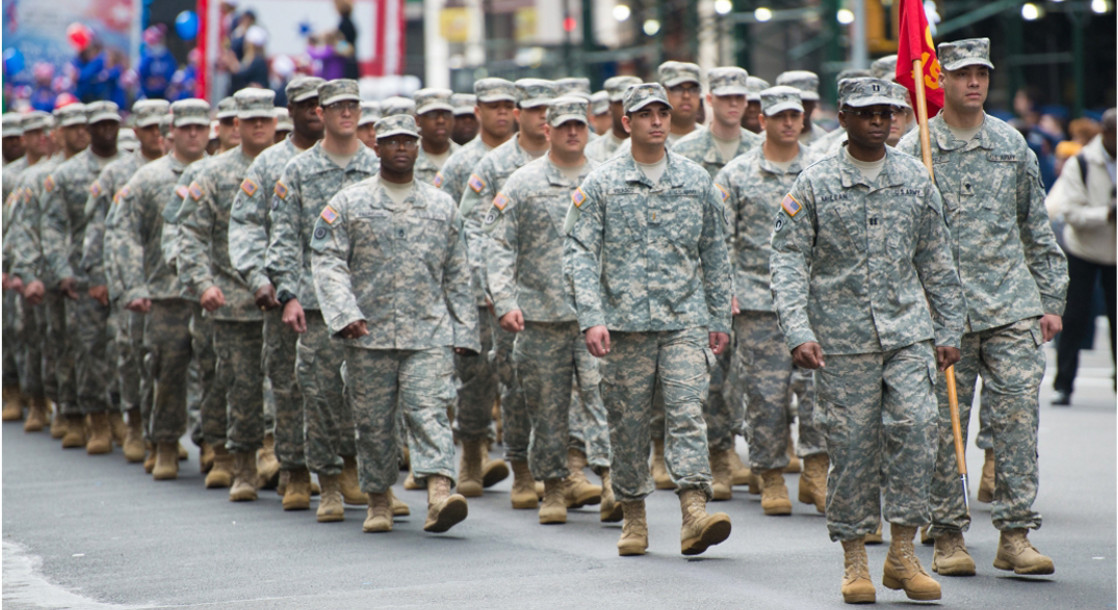Image via
New York City’s illegal cannabis operations are more likely to pay their employees fairly and engage with their local communities than legal weed companies, according to new research.
Vikiana Clement, executive director of the Cannabis Education Task Force at Brooklyn’s Medgar Evers College, spent the last 2 years interviewing over 80 people working in NYC’s black market weed industry for a new research study. And although the study is not yet ready to be published, Clement has already found that these illegal dealers are more socially and economically responsible than the average multi-state cannabis corporation.
As a whole, the city’s underground pot companies performed better on the so-called “triple-bottom line” of turning a profit while supporting social and environmental concerns than legal businesses did. Many of the illicit growers, dealers, and delivery people that Clement interviewed are active members of their local communities, rather than old-school drug cartel members. These underground operations were also more likely to pay their employees fairly and provide solid customer service than the average multi-state weed business.
Clement told Forbes that these black market companies “are actually what should be the models for business development in this industry… I very much respect how they operate as a business. People should copy them. And that’s not me talking from the heart. This is a data analysis.”
The Empire State legalized personal cannabis possession and use just over a year ago, but has yet to finalize the regulations for its adult-use retail market. Regulators initially wanted to push sales back to the end of 2023, but launched a new plan that should allow existing hemp businesses to start selling adult-use bud before the year is out.
New Jersey just kicked off its adult-use sales market last week, though, and residents of surrounding states are rushing across the border to sample the state’s new wares. Local advocates are encouraging New Yorkers to stick with their local dealers instead of throwing their cash to another state’s corporate enterprises.
“People should not be driving over the bridge to give [multi-state cannabis operators] their money,” said Annette Fernandez, co-founder of the Uptown Cannabis Coalition to Forbes. “That’s taking money out of our communities. How are you going to have this guy deliver to you for years and years, he comes from the hood, he goes out of his way to make a business and be your supplier, and the minute [business] goes live in New Jersey, you’re going to take your business across the bridge? Leave him high and dry?”
“You’ve got to support your plug in New York until the market opens,” she added. “Cannabis is about community, and this money supports local communities.”
New York is actively attempting to encourage these black market businesses to go legit. The first 100 adult-use licenses are being reserved for small businesses that can demonstrate that they’ve already been able to turn a profit. But if New Yorkers start taking their cash to Jersey, these local entrepreneurs may lose the capital that they need to launch a legal business.
Several local Native American nations in the New York area have also opened their own legal adult-use dispensaries as well, giving weed lovers another chance to support local small businesses.











